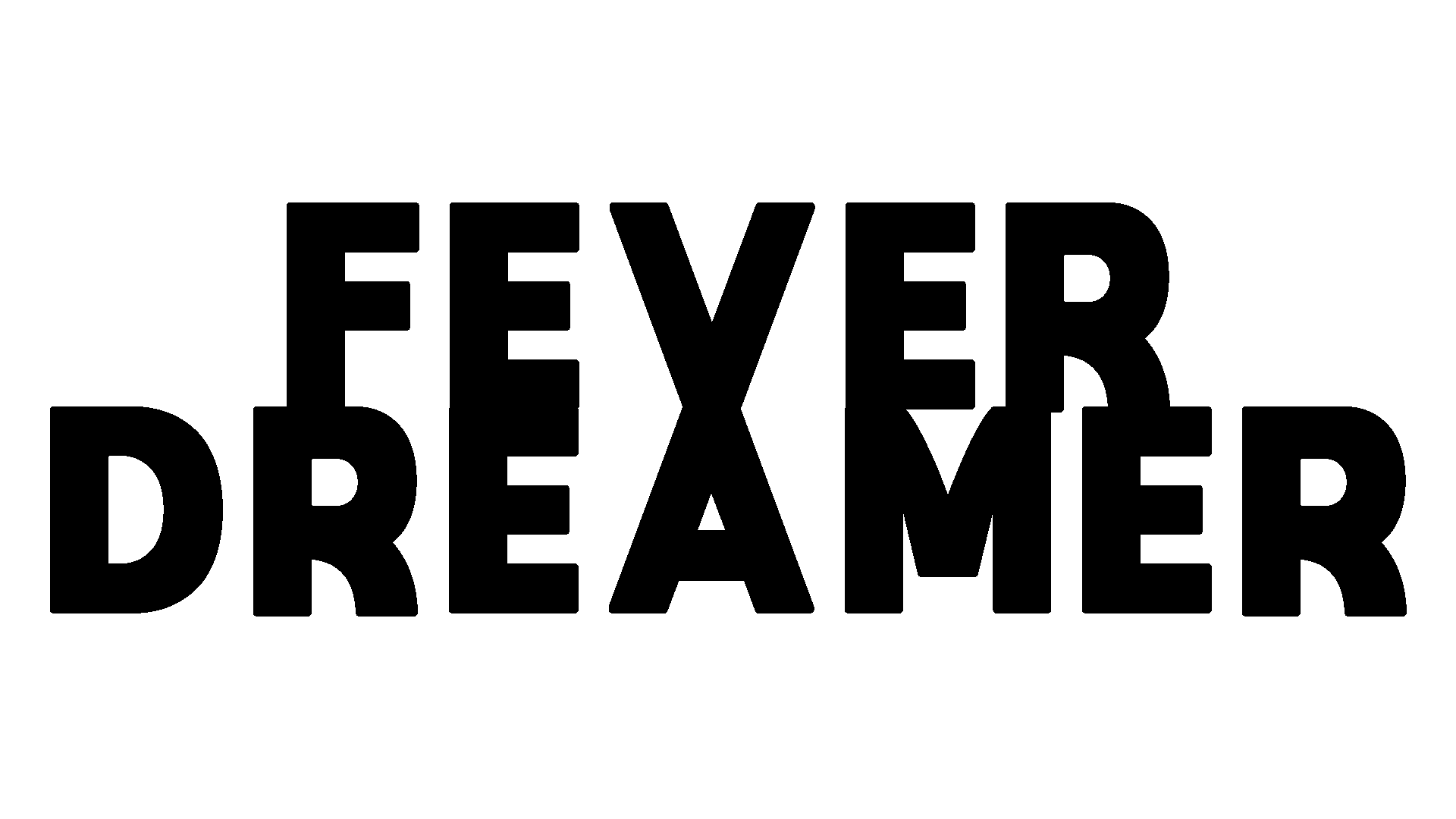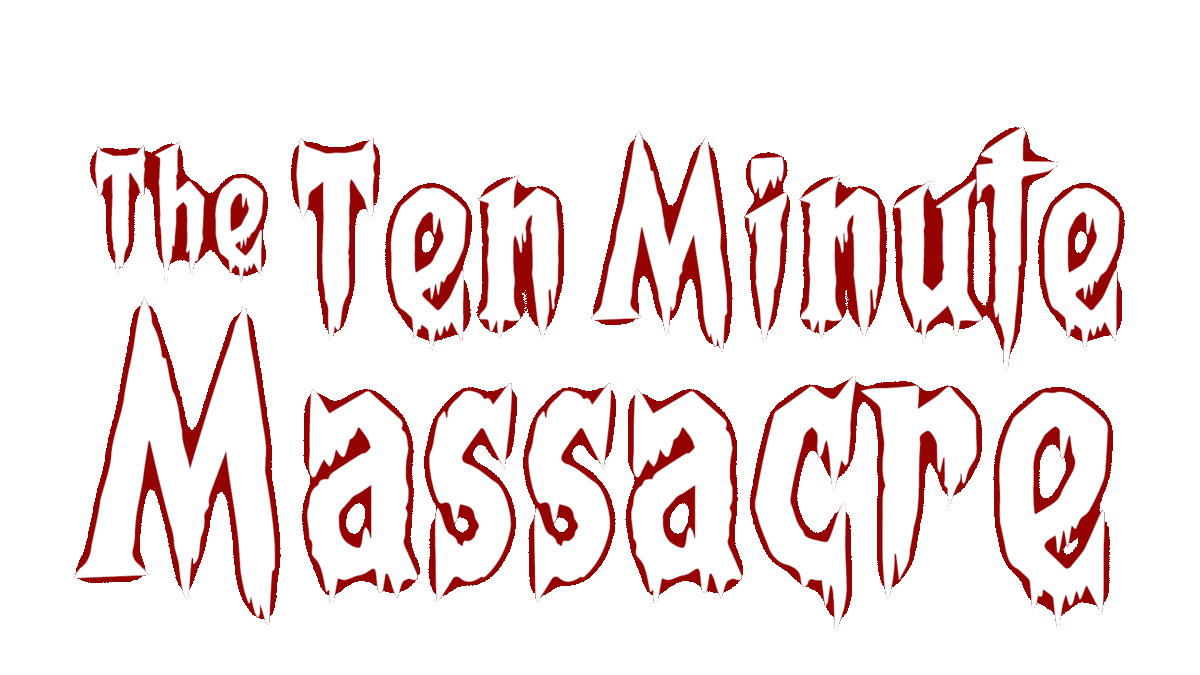Rob Zombie: His Influences And The Impact Of Cult Fan Culture And Commercialization
- Audrey E Lorber
- May 1, 2021
- 7 min read
Rob Zombie, born Robert Bartleh Cummings, is a cult horror icon. Before researching Rob Zombie and his discography for this paper, I was most familiar with his film work. To me, Zombie’s the guy that made those grimy remakes of John Carpenter’s Halloween (1978) and the equally disturbing “Firefly trilogy” (both of which I am a big fan of). I was aware of his presence in the music business, mostly just that he was in the heavy metal band White Zombie, and also responsible for the iconic 1999 single “Living Dead Girl” featured in Bride of Chucky (Yu, 1998). But Rob Zombie did a lot more than that; I want to take a closer look at his influences, and the impact of fan culture and commercialization.
Zombie’s musical career began when he and his then girlfriend, Sean Yseult, co-founded the band White Zombie, named after the 1932 Bela Lugosi classic horror movie of the same name. The band released two albums from 1987 to 1989, but generated little buzz. Eventually though, White Zombie caught the attention of Geffen Records, who released their third studio album, ‘La Sexorcisto: Devil Music Volume One.’ This album sold over two million copies in the U.S., becoming the band's breakout hit. White Zombie's fourth and final album was released in 1995 to critical and commercial success, ultimately becoming their most successful album.
After the band broke up in 1998, Zombie released his debut album, 'Hellbilly Deluxe: 13 Tales of Cadaverous Cavorting Inside the Spookshow International,’ which sold over three million copies. Zombie went on to form his own record label, Zombie-A-Go-Go Records, and compose the original score for the video game Twisted Metal III (1998) that same year. In 1999, Zombie designed a haunted attraction for Universal Studios. In 2000, he began working on his directorial debut, House of 1000 Corpses (2003), but it wouldn’t come out until three years later due to distributional issues. Though heavily criticized for explicit violence and gore, it went on to gross over $16 million and has become a cult favorite.
There’s no doubt, after listening to a couple of songs or watching a few movies, that one could deny Zombie’s work has a sort of theme: explicit and dirty. “People tell me, “Oh, when I came out of ‘The Devil’s Rejects,’ I felt disgusting. I wanted to take a shower,” Zombie said as a compliment toward his film. Both of these aren’t necessarily the attributes that excite brands, advertisers, or producers. Interestingly, when I attended Halloween Horror Nights at Universal in 2019, there were two Zombie related attractions, one regarding his movie, House Of 1000 Corpses (Zombie, 2003), and the other a Hellbilly Deluxe inspired scare zone maze for his 1998 solo album of the same name. There’s actually a prior history between Universal Studios and Rob Zombie that creates a controversy out of this collaboration.
The idea for House of 1000 Corpses came to Zombie while designing a haunted house for Universal. Referring to a Universal executive, Zombie said "I was in the office of the head of production or something and he asked me if I had any movie ideas and I pitched him Corpses, which was very rough at the time, because I wasn't ready and I made it up on the spot. He liked it, I went home, wrote a 12-page treatment and met up with them. Two months later, we were shooting." Film production began in May 2000 and was finished by that Halloween. The haunted attraction was launched the following year, with the title changed to "American Nightmare" due to the film's shelving. Despite the name change, the house still featured numerous references to the film, and the theatrical trailer even played while guests waited to enter.
Rob Zombie had a lot of great horror influences that are present in his work, much in the way that many musicians pay homage and cover existing songs. Growing up, Zombie was fascinated by horror films and said he always “wanted to be Alice Cooper, Steven Spielberg, Bela Lugosi and Stan Lee.” Still concerning influences, when Zombie was approached to direct the revered classic Halloween (1978), he said “I have been a huge, huge fan of John Carpenter's original film since its release. So when Bob Weinstein approached me about this, I jumped at the chance to join forces with Dimension Films on this amazing project.” Please note that I am including Zombie’s proximity to The Weinstein Company, which I cannot overlook considering the themes present in his work. Nonetheless, Zombie was not shy about his homages to the greats of past generations.
The second single from Rob Zombie's solo debut album Hellbilly Deluxe, "Living Dead Girl" is also my favorite Rob Zombie song, but I had no idea how many references it contained to other works. The title comes from a 1982 exploitation film, Jean Rollin’s La Morte Vivante. The line, "Who is this irresistible creature who has an insatiable love for the dead?" in the beginning of the song is from the trailer of Lady Frankenstein. One fact I was already familiar with is that the music in the beginning of the song is taken from the trailer of Wes Craven’s iconic film, The Last House on the Left (Craven, 1972). The lyrics "What are you thinking about?/The same thing you are" at the beginning of the verses are taken from dialogue in Daughters of Darkness (Kümel, 1971). In this song, Zombie sings, "Goldfoot's machine creates another fiend so beautiful they make you kill". This relates to the villain played by Vincent Price in Dr. Goldfoot and the Bikini Machine (Taurog, 1965). Lastly, he sings "Operation Filth they love to love the wealth of an SS whore making scary sounds," which is probably a reference to Ilsa: She-Wolf of the SS (Edmonds, 1974).
As a big fan of horror and future filmmaker, I admire how much homage Zombie pays to those great that came before him. It brings to mind how many Punk Rock bands of the New Wave look like some early stars of Rock. The short and slick backed hair, sometimes dyed blonde in the case of The Police, bares little resemblance to the current long haired hippies of Pink Floyd and more to those of the past. Zombie too was critical of the horror movies during the time of his 2003 release of House of 1000 Corpses saying, “all of these contemporary horror films really bore me,” declaring his film “a throwback to when things were nastier”. Similarly, artists like Devo recycled pop culture icons and made something new from something old as characterized by The New Wave musicians’ fascination with earlier musical styles and visual images. Devo used irony to reference the past, thus critiquing the present, especially in their robot-like version of the Rolling Stones’ “(I Can’t Get No) Satisfaction” titled “No Satisfaction”.
In 2019, Rob Zombie went on the podcast “The Joe Rogan Experience” to plug his new movie, 3 From Hell. About 8 minutes in, Zombie compares his band, White Zombie, to The Ramones. Talking about his own band, Zombie said,
“It was weird because we didn’t play any covers and nobody really knew how to play when we started. We sort of invented sound based upon completely not knowing what you’re doing… Because that’s like any band- like The Ramones. Like ‘we know these three cords,” but they instinctively understand catchy pop songs”.
On the podcast, he also addresses Punk Rock influences, stating “and towards the end of high school, when I discovered Punk Rock, I figured out there was an entire form of music that’s just like ‘go fuck yourself’... and I was like ‘I’m in’”. The reckless and individual approach Punk Rock musicians had inspired Zombie.
So Zombie’s eccentric niche is what drew fans to him; his reputation precedes him. Before I even scratched the surface of Rob Zombie lure, I was familiar with his horrifically unique exploitative style and brand. And people wanted to be a part of it all. I think, like a lot of horror and cult movies, they make people feel seen. And dedicated fan bases like Zombie’s are the reason he gets to keep creating- because even though Zombie isn’t brand safe, money is money. And if some alternative freak kids are going to make a production company’s movie a success, you bet they’re going to act upon it. It’s kind of funny that the only thing that drives the film and music industry is the ability to sell. And yet, Zombie’s works’ biggest deficit is also its greatest weapon. This scenario is parallel to the rise of bands like The Who and The Kinks of the British Revolution and their attraction being their contradiction to the status quo with introspective and thought provoking lyrics.
In many ways, it’s lucky that these big producers saw the niche fan appeal behind Zombie’s work. I think his early success in music must have influenced their decision to back him as well. It also reminded me of Clash’s reputation of pressing their own albums because they rejected mainstream and thus were not attractive to music producers. If Zombie had not achieved recognition through his initial music career, he also might have had to create independently.
On June 4, 2006 Dimension Films proudly announced that “they will make a new ‘Halloween’ movie with Rob Zombie (The Devil's Rejects, House of 1000 Corpses) writing, directing and serving as a producer… Zombie will also serve as music supervisor on the film.” Zombie’s combination of filmmaking and music making reminds me a lot of Elvis’ rise to fame on The Milton Berle Show singing “Hound Dog”. This television airing jump started his career, and producer Carl Perkins knew it would. Sure Elvis looked good, and sure he sounded good, but the combination was unmatched. That is not to say that Zombie’s blend of film and music is unparalleled in any way, but I believe showcasing his two strengths at once creates a distinctive and memorable experience.









